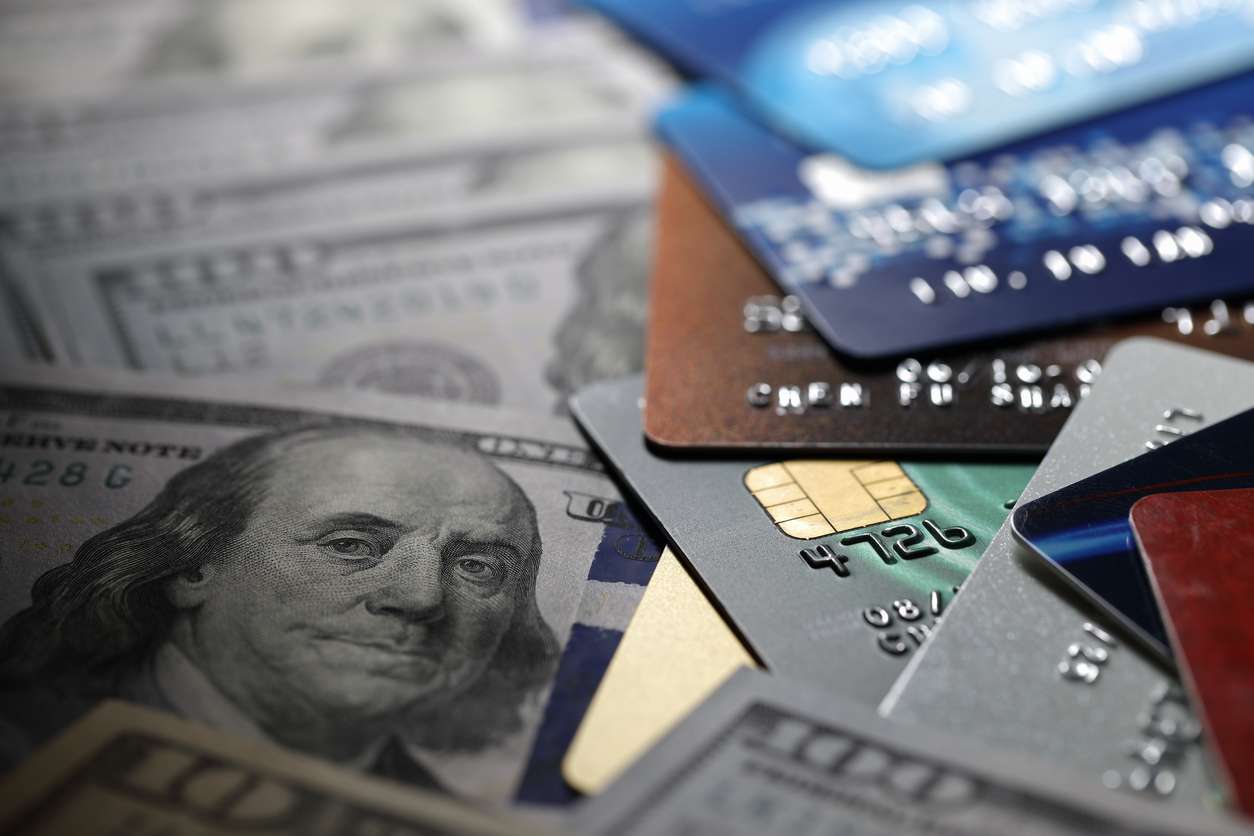Increasing your credit limit without directly asking your credit card issuer involves several strategies aimed at demonstrating responsible credit behavior.
Credit limit increases are important for individuals who are trying to build credit for several reasons:
- Lower Credit Utilization Ratio: As your credit limit increases, assuming your spending remains the same, your credit utilization ratio (the percentage of your credit limit that you’re using) decreases. A lower utilization ratio generally boosts your credit score because it demonstrates responsible credit management.
- Improved Credit Score: A higher credit limit, when managed responsibly, can positively impact your credit score. Credit scoring models consider both your total credit utilization and the individual utilization of each credit account.
- Access to More Credit: Having a higher credit limit provides you with more purchasing power and flexibility. It allows you to handle larger expenses or emergencies without maxing out your card, which can negatively affect your credit score.
- Creditworthiness Perception: Creditors often view a higher credit limit as a sign of trust and creditworthiness. It shows that other lenders have trusted you with larger credit lines, which can be beneficial when applying for loans or additional credit in the future.
- Financial Flexibility: With a higher credit limit, you have more room to manage your finances and can potentially take advantage of rewards programs or other benefits offered by your credit card issuer.
Overall, credit limit increases can be instrumental in building a positive credit history and improving your financial flexibility, provided that you continue to use credit responsibly and avoid excessive debt.
Here are some effective methods to getting your credit limit increased without having to make a request:
- Use Your Card Regularly: Consistently using your credit card for purchases can show that you are an active and reliable cardholder.
- Pay Bills on Time: Always pay your bills on or before the due date. A strong payment history is a key factor in credit limit increases.
- Pay More Than the Minimum: Paying more than the minimum amount due shows that you can manage your debt responsibly.
- Reduce Credit Card Balances: Keeping your credit utilization ratio low (below 30%) can positively impact your credit score and signal to issuers that you are not over-reliant on credit.
- Update Income Information: Many credit card issuers periodically review accounts and may increase limits based on updated income information. Ensure your income details are current.
- Maintain a Good Credit Score: A higher credit score increases the likelihood of automatic credit limit increases. Regularly monitor your credit report for accuracy and work on improving your score if necessary.
- Use Multiple Credit Products: Demonstrating responsible use of various types of credit (e.g., loans, mortgages) can reflect positively on your credit profile.
- Avoid Hard Inquiries: Limit the number of hard inquiries on your credit report, as too many can negatively impact your score.
By consistently demonstrating responsible credit behavior, you increase the chances of your issuer automatically increasing your credit limit.









